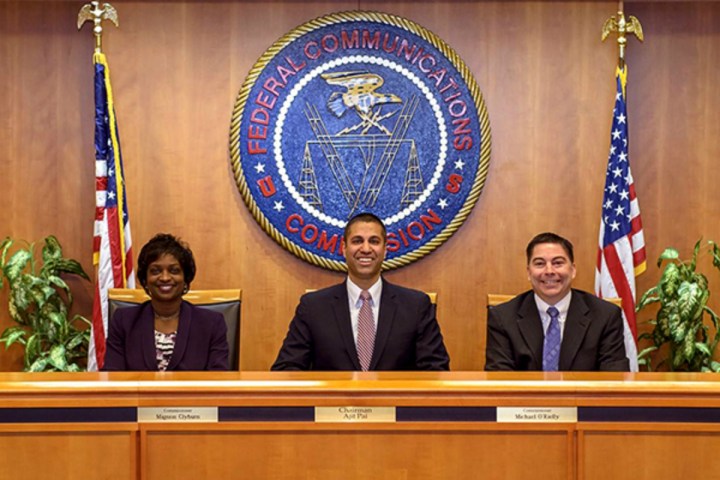
Specifically, the FCC has turned its sights on a requirement that was imposed when Charter Communications, Time Warner Cable, and Bright House Networks were joined. The change alters how Charter is required to make its broadband internet services available to new customers, as Reuters reports.
According to the original ruling, Charter would need to offer service to 2 million potential new broadband subscribers within five years, as part of its agreement in receiving FCC approval for the merger. Furthermore, at least half of those new subscribers were required to be located in an area where a competitor was already providing service.
It’s that second “overbuilding” provision that the current FCC is taking back. Charter still needs to add 2 million potential new subscribers to its current second-largest customer base of 26 million residential and business customers across 41 states. It just doesn’t need to worry about where those potential subscribers are located.
The change has been implemented thanks to pressure from the American Cable Association, which represents smaller broadband service providers. According to the group, the overbuilding requirement was “stunningly bad and inexplicable government policy” that would result in devastating effects on the smaller broadband providers Charter will overbuild. Charter’s entry into its members’ markets could have put many of them out of business, the group asserts.
While the ruling has been characterized by some as benefiting incumbents at the expense of competition, others say that the ruling will provided more options to those potential customers who currently have no broadband options. Regarding the change, Charter itself said the ruling “enables Charter to more fully devote our resources and attention to building out high-speed broadband to areas without it today.”
Whether the FCC’s decision will be a benefit or a bust remains to be seen. But it’s obvious that the new FCC leadership intends to continue to make its impact felt in how internet broadband services are provided to customers across the U.S.


